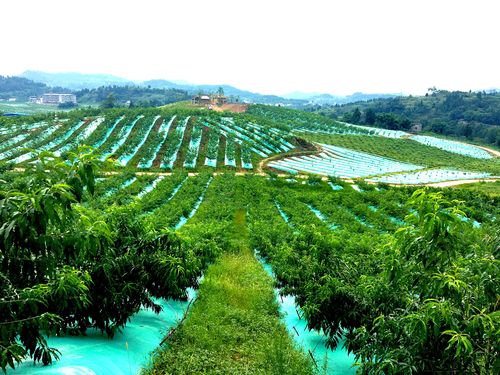Blockchain technology is revolutionizing agriculture by enhancing supply chain transparency, traceability, and food safety. In this article, we explore how blockchain is transforming the agricultural industry.
Blockchain is a decentralized and immutable digital ledger that records transactions across a network of computers. In agriculture, blockchain is being used to create transparent and tamper-proof records of every stage of the supply chain, from farm to fork.
One of the primary advantages of blockchain in agriculture is supply chain transparency. Each participant in the supply chain, including farmers, distributors, processors, and retailers, can record their transactions and data on the blockchain. This creates an unbroken chain of information that can be accessed by all stakeholders. Consumers can trace the origin of their food products, ensuring authenticity and reducing the risk of fraud.
Traceability is another significant benefit of blockchain in agriculture. By recording every step of the supply chain on the blockchain, it becomes possible to track the journey of individual products. This is especially critical in cases of food recalls or safety concerns, as it allows for rapid identification of affected products and swift action to remove them from the market.
Food safety is enhanced through blockchain by providing real-time visibility into the conditions and handling of products. Sensors and IoT devices can monitor factors like temperature and humidity during transportation and storage. If conditions deviate from acceptable ranges, the blockchain records the information, and relevant parties can take corrective action. This ensures that food products remain safe and of high quality.
Smart contracts, a feature of blockchain, automate processes and payments in the supply chain. For example, when a farmer delivers a shipment of produce to a distributor, a smart contract can trigger automatic payment once the agreed-upon conditions, such as quantity and quality, are met. This reduces the need for intermediaries and streamlines transactions.
Data security and integrity are fundamental aspects of blockchain. Transactions recorded on the blockchain are encrypted and immutable, making it nearly impossible for unauthorized parties to alter or manipulate data. This level of security is critical in maintaining the integrity of supply chain information.
In conclusion, blockchain technology is transforming agriculture by enhancing supply chain transparency, traceability, and food safety. It provides consumers with confidence in the origin and quality of their food products and enables more efficient and secure supply chain operations. As blockchain adoption in agriculture continues to grow, it promises to create a safer and more transparent food system.







Please sign in to comment
register